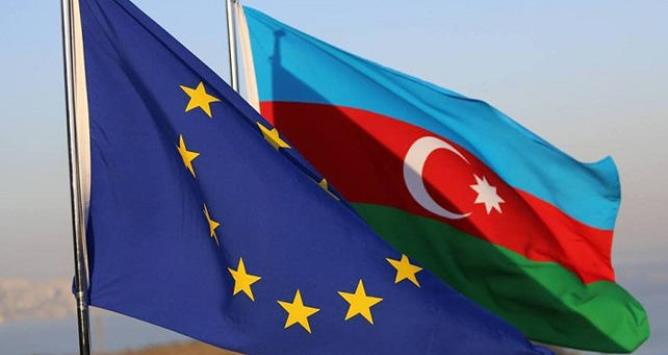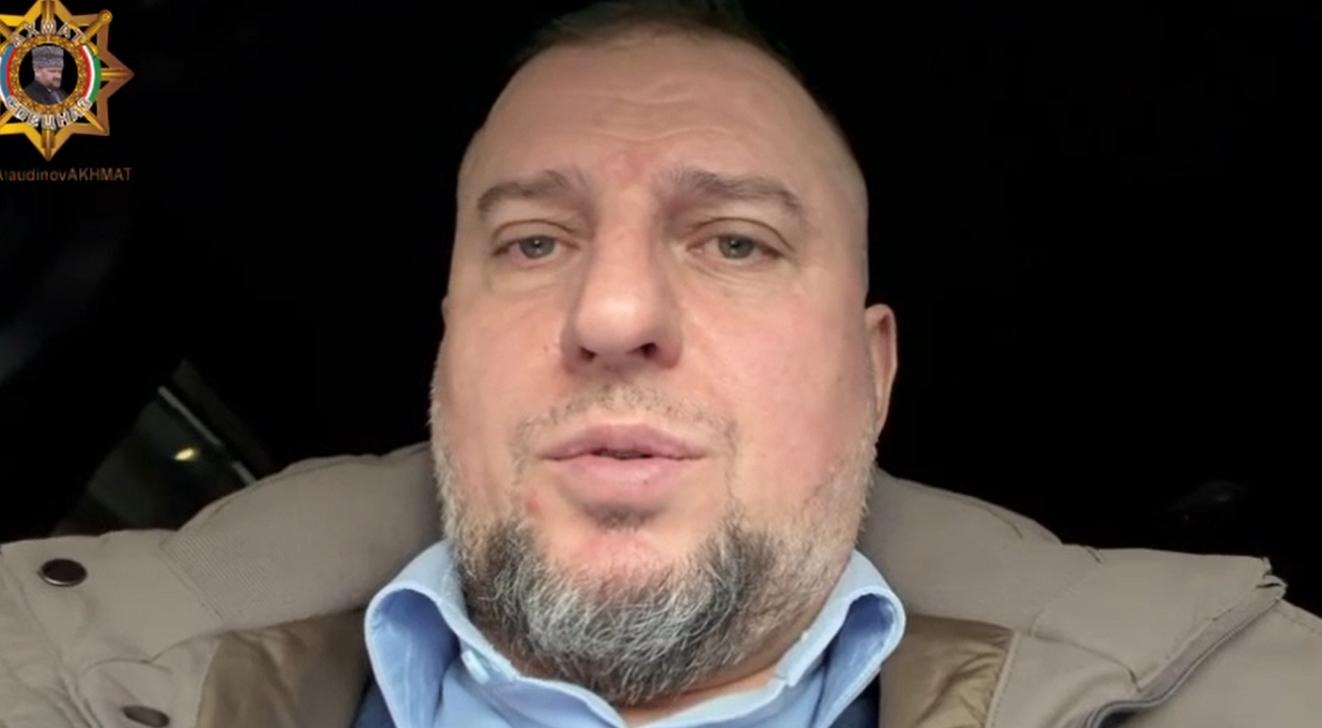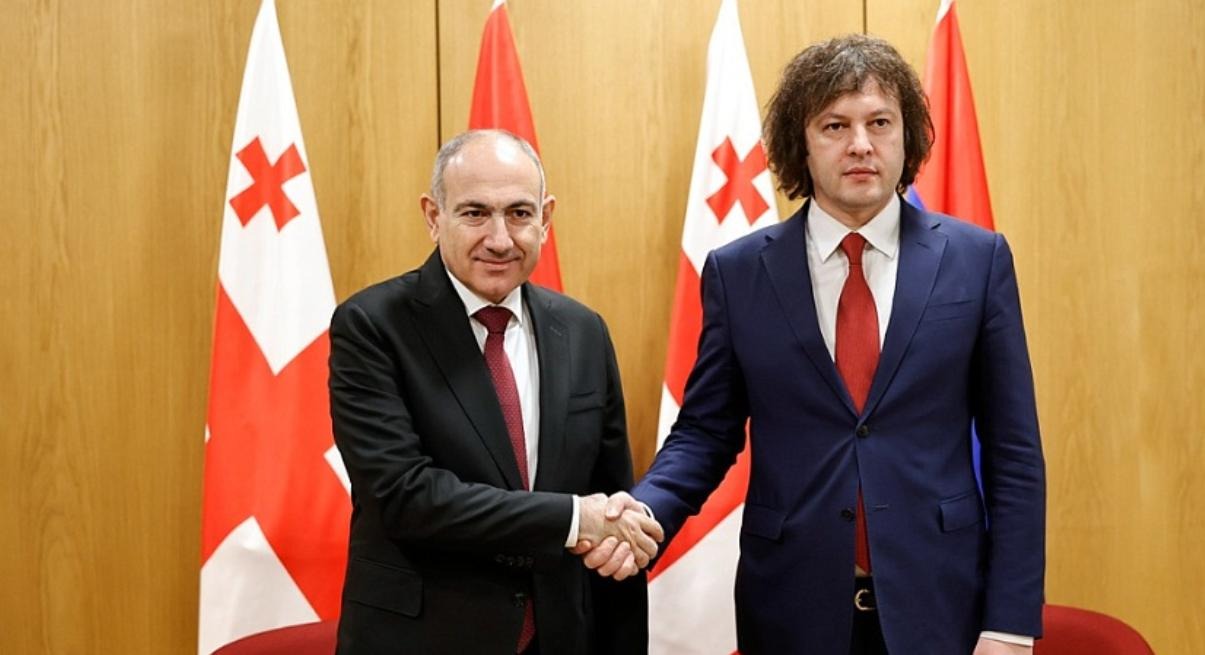According to the Council of Europe, Azerbaijan ranks first in Europe for the number of journalists arrested and convicted. At the end of 2025, the country had 36 such journalists—out of a total of 148 across the continent. Russia accounts for 32 repressed media workers, Armenia for two, and Georgia for one.

Human rights activists from Russia, Ukraine and Belarus received the 2022 Nobel Peace Prize.
On October 7, the Russian non-governmental organization Memorial, liquidated by court order six months ago, received the Nobel Peace Prize. Together with Memorial, Belarusian human rights activist Ales Bialiatski and the Ukrainian Center for Civil Liberties received high awards.
Perhaps the world's most prestigious prize for peace, democracy and human rights is being awarded to representatives of Russia's shrinking civil society for the second time in a row. (Recall that last year its laureate, together with his Filipino colleague, was the editor-in-chief of Novaya Gazeta, Dmitry Muratov).
This is the first time such a coincidence has occurred. And it is by no means accidental. This can be seen as recognition of the critical situation of human rights defenders who have worked and continue to work in these three countries, and a demonstration of international solidarity with them.
The Nobel Committee said in a statement: “Peace Prize laureates represent civil society in their countries. For many years, they have defended the right of citizens to criticize the authorities and defend their fundamental rights. They have done a lot to document war crimes, human rights violations and abuses of power. Their combined efforts demonstrate the importance of civil society for peace and democracy.”
Memorial was created in 1987. Its first chairman was Andrei Sakharov. The organization was engaged in research, advocacy and educational work. According to the charter, its goals were to perpetuate the memory of victims of political repression and restore historical truth; promoting the development of civil society, the legal consciousness of citizens and a democratic rule of law state. Memorial set itself the goal of preventing a return to totalitarianism; its constant concern was helping to popularize democratic values and assert individual rights.
Memorial employees worked in military conflict zones in Nagorno-Karabakh, Baku, South Ossetia, Transnistria, Tajikistan, as well as in the North Caucasus during both Russian-Chechen wars and later. Wherever they could, they provided assistance to refugees, migrants and people persecuted for political reasons.
Since 2013, Memorial has been subject to pressure from the Russian authorities. In 2014, the organization was recognized as a foreign agent, and in April 2022 it was liquidated. After this, Memorial employees founded the Center for the Defense of Human Rights of the same name (without a legal entity).
Memorial helped residents of the North Caucasus win cases in the ECHR. Thanks to him, the world learned about the bombing of a column of refugees on the Rostov-Baku highway in October 1999, the “cleansing” of the Staropromyslovsky district of Grozny in January 2000, the bombing of the village of Katyr-Yurt and other crimes of the Russian military in Chechnya. On July 15, 2009, Natalya Estemirova, an employee of the Memorial office, was kidnapped and then killed in Grozny.

Currently, Memorial employees continue to provide support to activists from the North Caucasus who are being persecuted for political reasons. Among them are the editor of the Dagestan newspaper “Chernovik” Abdulmumin Gadzhiev, persons involved in the “Ingush case”, Rasul Kudaev from Kabardino-Balkaria, convicted for VKontakte posts, Aitakhadzhi Khalimov and many others recognized by Memorial as political prisoners.
“Without our work, there would be much less information about what is happening there. Winning cases in the ECHR and at the national level freed people from illegal, falsified charges, including in “terrorist” cases. Not often, but we sought to imprison the perpetrators, and also collected a huge database of missing persons, forcibly disappeared,” the publication “Caucasus” quotes. Realities” by Memorial human rights activist Oleg Orlov, who previously headed the “Hot Spots” program.
At the same time, commenting on the Nobel award, he noted that “one cannot talk about achievements at all... It seems to me that we did not deserve this prize. We could not explain to Russian society how important freedom is, that it cannot be sacrificed in the name of security, that war is a terrible evil that is used by the most reactionary forces.”
Elena Denisenko, lawyer, employee of the Memorial Human Rights Center in Dagestan in 2008-2014, told our correspondent about the organization’s activities in the North Caucasus:
“I started in Kizlyar working under Svetlana Gannushkina’s program “Migration and Law.” It was a network of legal consultations for refugees, internally displaced persons, and labor migrants. I worked mainly with Avars who were resettled from the Kvareli region of Georgia to Dagestan and still had USSR passports. They were not given Russian citizenship for a very long time, sometimes for 15 years. The Federal Migration Service delayed the process, “lost” documents, and in fact simply extorted bribes. We helped them apply for citizenship and accompanied them during their interaction with the Federal Migration Service. We managed to organize an inspection at the Federal Migration Service for Dagestan, after which they finally began to issue Russian passports.
We were also involved in helping forced migrants from the Chechen Republic who left for Dagestan during the hostilities in Chechnya.
In addition, Memorial helped in the search for people abducted by police officers. They were found in regional departments or pre-trial detention centers; Memorial representatives defended the interests of the relatives of the abducted in the police, investigative department, prosecutor's office and courts, and appealed the inaction of law enforcement agencies. In 2008 and later there were a lot of such cases: people were kidnapped in Kizilyurt, Khasavyurt, Makhachkala.

If relatives of murdered or unjustly persecuted people contacted Memorial, we entered into agreements with lawyers for defense at the stage of investigation and trial, up to and including appealing to the ECHR. This was the case, for example, with the case of Sergei Evloev. He was kidnapped and tortured several times by police officers, demanding to confess to serious crimes. As a result, the jury acquitted him.
There was a lot to do, sometimes we had to process applications and complaints until late at night. I especially remember the cleansing in the high-mountain Dagestan village of Khutrakh. It lasted a week. Many people were maimed there, buried in frost up to their necks, and demanded to tell them where the militants were hiding and who was helping them.
There were a lot of civilian casualties during the CTO in Gimry. They simply smashed and robbed houses and took away men. At the same time, neither human rights activists nor journalists were allowed there. We worked on statements from residents of the village of Gimry and the village of Vremenny.
“Memorial,” in addition to actually protecting the victims, conducted training seminars for lawyers and advocates on how to collect evidence of abductions and how to apply to the ECHR. The European Court is still considering cases based on statements registered by memorialists.”
The former head of the board of the Memorial Human Rights Center, Alexander Cherkasov, considers the Nobel Peace Prize an award for the entire civil community.
And it’s hard to disagree with him. To a large extent, this also applies to dozens of those people who selflessly worked during both wars in Chechnya, risking their lives every day. Leaving the house in the morning, they did not know whether they would return home in the evening, whether they would take them away or shoot them at the next checkpoint, with which the whole of Chechnya was crammed during the wars. They often traveled, and even on foot, through mud, reaching remote and hard-to-reach settlements, visiting victims of lawlessness to collect information, documenting numerous crimes of the military, the victims of which they and their relatives could also become victims of at any moment. This is evidenced by the tragic deaths of Natalya Estemirova and Zarema Sadullayeva, threats, pressure, criminal prosecutions and the forced departure of many activists from the country.
Their work then formed the basis of numerous “memorial” and other reports, thanks to which human rights violations and war crimes became known far beyond the borders of Chechnya.



